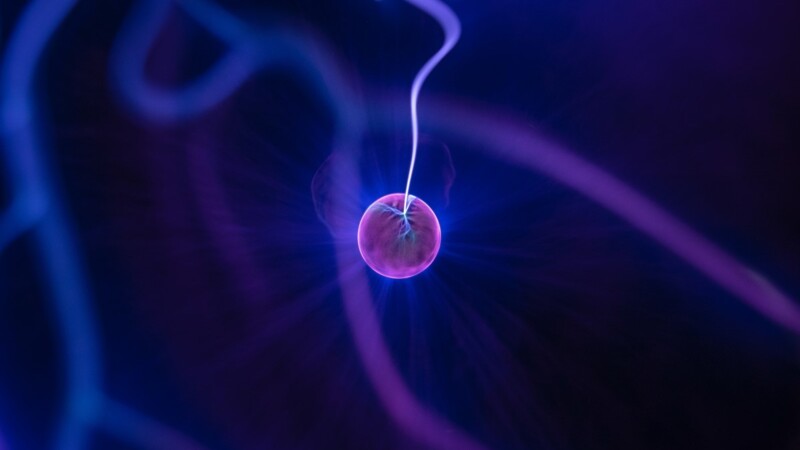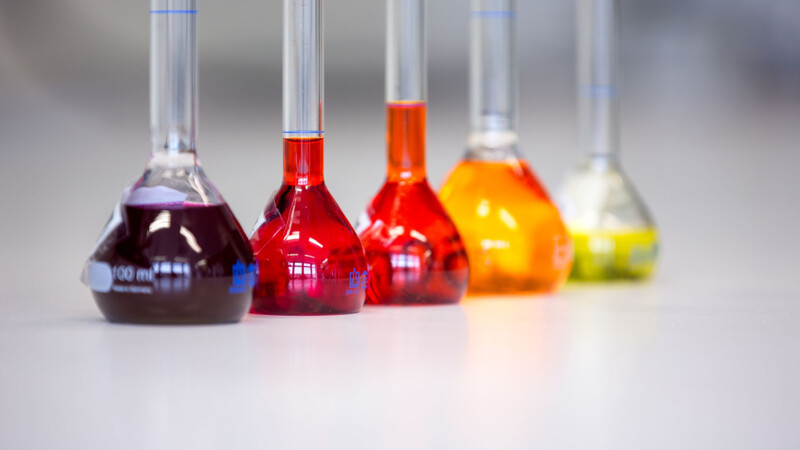Prof. Dr. Gregor Kasieczka is a particle physicist at the Institute of Experimental Physics and co-ordinates the joint Artificial Intelligence for the Swift Simulation of Scientific Data project involving researchers in particle and astrophysics all over Germany. The aim is to develop AI-based simulation processes for swifter, more flexible and efficient evaluation of research data. "We need either far more computing resources in future or much faster and more efficient algorithms to use the existing resources sustainably," said Kasieczka.
The German Ministry of Education and Research has announced funding for ten collaborative projects under the "Exploring the Universe and Matter" action plan until 2026, a press release said Wednesday (March 1, 2023). The University of Hamburg is the only German university involved in five of the projects on the digitisation of basic research in the natural sciences and will receive EUR 2.1 million. Two of the five research networks are co-ordinated by the university's Institute of Experimental Physics, where research is currently underway into the use of AI for simulating scientific data and biomedical imaging.
AI for faster and more efficient evaluation of research data
Five projects at university
As part of a second AI research project co-ordinated by the Institute for Experimental Physics, Prof. Dr. Florian Grüner and his team are researching AI-based biomedical X-ray fluorescence imaging for 4D tracking of immune cells. Researchers are also focusing on three other collaborative projects. Prof. Dr. Marcus Brüggen, Hamburg Observatory, is researching an information field theory for experiments on large-scale research facilities. Meanwhile, researchers at the Institutes of Experimental Physics and Geophysics are working on the anticipation of 3D wave fields and Prof. Dr. Wolfgang Hillert is developing optimised laser pulses for free-electron lasers.
nj/mm/pb
Sources and further information
More
Similar articles

Hamburg University gets EUR 1.7 million for CO2 research

EUR 2 million for research into German language through 2026

